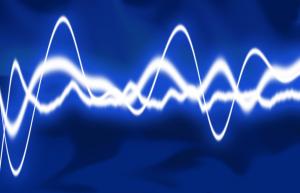Demand response on appeal before the U.S. Supreme Court.
Steve Isser is President of Energy Law & Economics, Inc. Bob King is President of Good Company Associates and CEO of SPEER, the South-Central Partnership for Energy Efficiency as a Resource. Each author can claim 30 years’ of energy industry experience, in such fields as law, economics, and consulting.
The Supreme Court recently heard legal arguments on the fate of FERC Order 745, one of the most highly contested cases on electric utility regulation to come before the High Court in years, if not decades.

Order 745 is the controversial ruling, issued in March 2011 by the U.S. Federal Energy Regulatory Commission, in which FERC decided to treat the resource of demand response as if it were the same as generated power. That is, to pay the full wholesale market price of energy to those electric customers (or their agents) that offer to sell demand response as an economic resource in wholesale energy markets. Such customers forego consumption of electricity to reduce strain on the bulk power grid by helping to balance supply and demand, to assure that power supply resources will prove adequate to meet needs.
The case has come before the Supreme Court on appeal from the U.S. Court of Appeals for the D.C. Circuit, which had vacated FERC Order 745 as an unlawful attempt by the commission to extend its regulatory reach to activities outside its jurisdiction.

